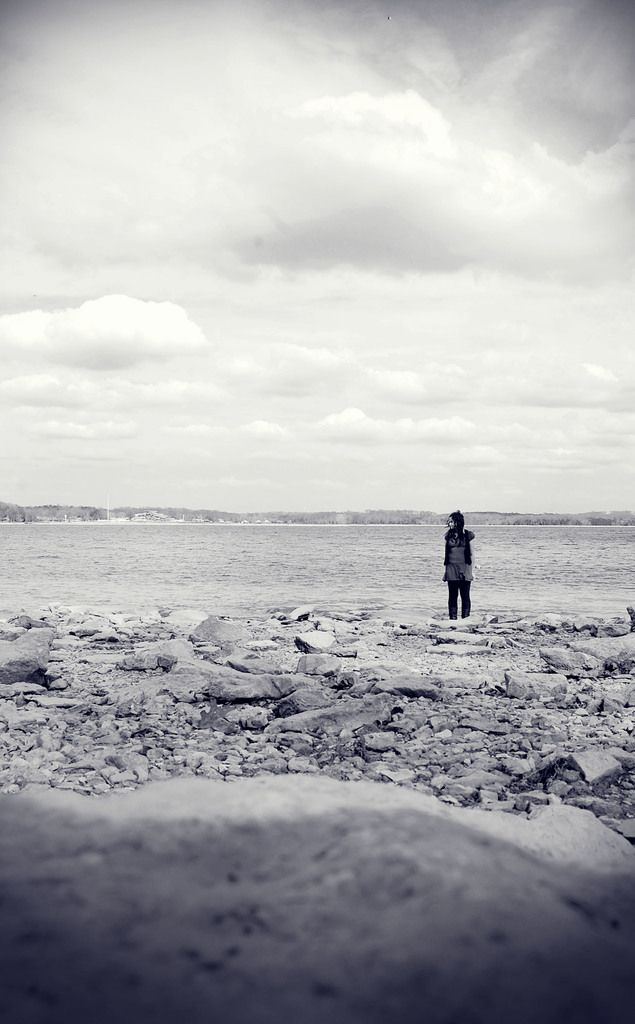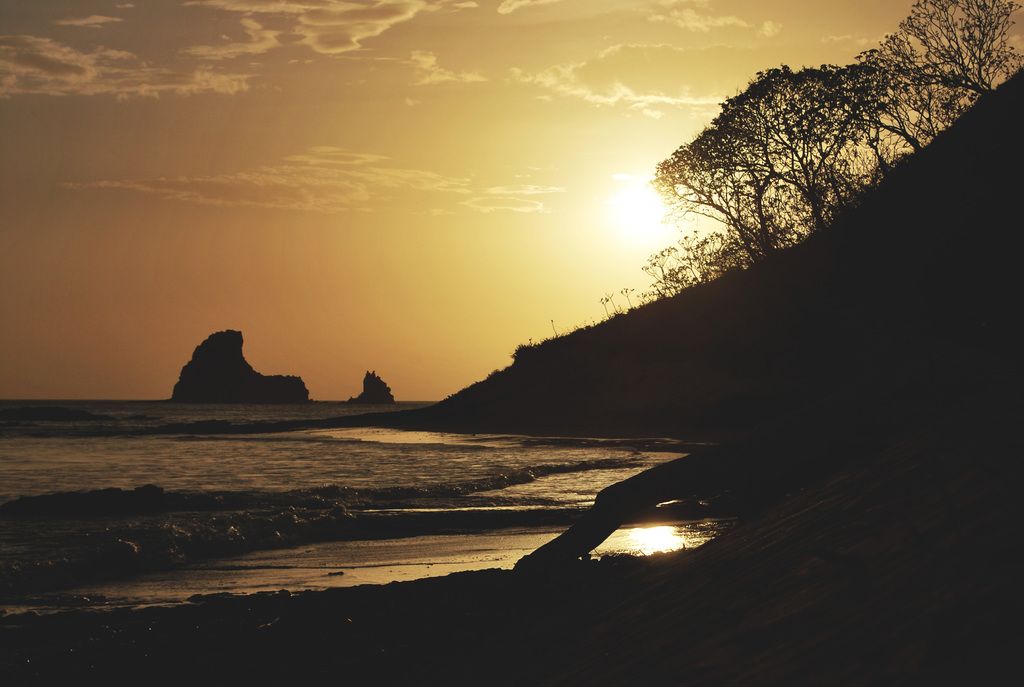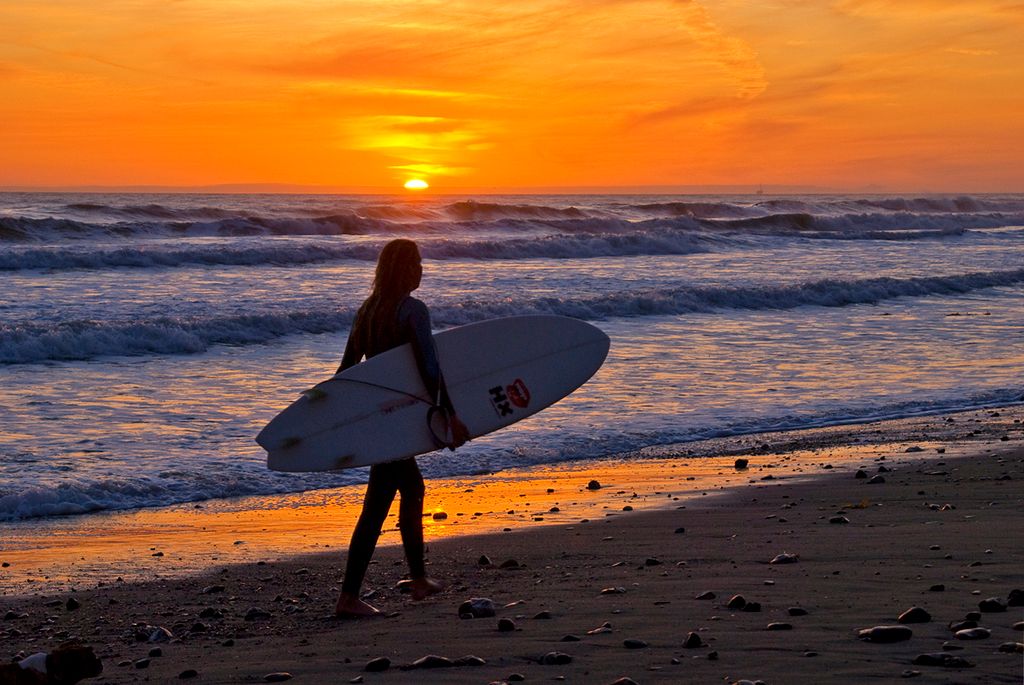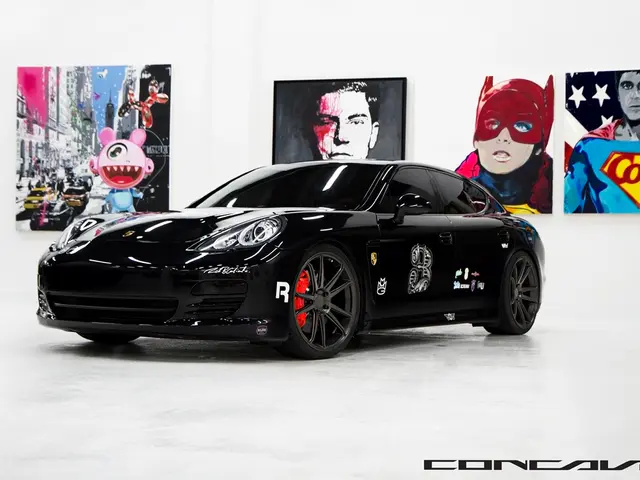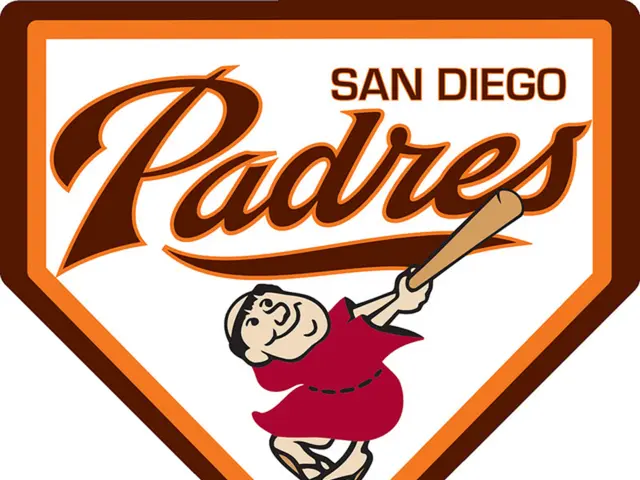Exploring the Significance of Black Cowboy Tradition in Houston, Texas: A Must-Know Heritage
Feeling Out of Place, but Ready to Learn
I caught a reluctant glance in the mirror, my plaid shirt and jeans seemed a tad out of place among the cowboy boots, embroidered shirts, and fringed jackets strutting past me at the Houston Rodeo. The collegiate atmosphere of colorful cowboy hats, varying designs and materials, made me realize I needed to step up my game for a future visit.
Despite the current resurgence in Black cowboy culture, led mainly by Beyoncé's Grammy-winning album and tour, its roots have been deeply entrenched in the American South for centuries, particularly in Texas. This cattle-heavy state, as a historical aside, provided employment for one in four cowboys who were Black, according to the Smithsonian Institution. My parents, raised in Alabama and Louisiana, had often shared tales of rodeos and trail rides, but I never truly experienced the richness of Black cowboy culture firsthand during my upbringing in Washington D.C.
As I grew older and developed an affection for modern Western dramas like Yellowstone and Longmire, the stereotypical image of a rugged white cowboy contrasted starkly with the robust Black cowboy history that undeniably existed in the United States, and even more so in Beyoncé's hometown of Houston, Texas. My curiosity piqued, I set out to immerse myself in the heart of Black cowboy heritage at the Houston Rodeo on Black Heritage Day.
Exploring the Foundations of Black Cowboy Culture in Houston
My journey began in the once bustling neighborhood of Freedmen's Town, founded shortly after June 19, 1865, or "Juneteenth." The day celebrated the announcement of the final emancipation of enslaved African Americans in Texas and marked the beginning of an influx of over a thousand freedpeople migrating to Houston. These new residents brought with them their cowhand skills and established the vibrant neighborhood comprised of approximately 400 Black-owned businesses.
As Sharon Fletcher, executive director of the Houston Freedmen's Town Conservancy, led me on a walk-through of the historic district under a clear blue sky, she emphasized the importance of Freedmen's Town in shaping Houston's Black heritage. The brick roads, built by hand between 1915 and 1922 in the face of city neglect, serve as a symbol of resilience among Black Houstonians, representing self-sufficiency and community support.
Despite the sad news of the sudden passing of Texas Congressman Sylvester Turner, who played a vital role in preserving Freedmen's Town, the neighborhood continues to grow and evolve, thanks to dedicated efforts to protect it from the forces of gentrification.
During my visit, I stepped inside several restored Freedmen's Town homes from the 1920s. Each home evoked memories of my grandparents' humble yet loving abode in Louisiana, where spaciousness may have been limited but the warmth was boundless. The homes, now art galleries displaying local artists' work, instantly transported me back to a time of simple joys and close-knit communities.
The Buffalo Soldiers: Demonstrating Bravery
In Houston, the Buffalo Soldiers National Museum stands as a testament to the legacy of African American soldiers who served in the United States Army during the post-Civil War era. These brave men, once enslaved, were the first to serve during peacetime, later earning their nickname due to their physical resemblance to the mighty buffalo as perceived by Native American tribes they encountered. Facing constant discrimination and lower pay compared to their white counterparts, the Buffalo Soldiers demonstrated courage and determination in the face of adversity.
As I wandered the museum, I marveled at the impeccably preserved uniforms, artistic depictions of Black soldiers on horseback charging into battle, and other artifacts such as saddles, lanterns, and pistols. Each item told a story of a culture and way of life, showcasing the soldiers' undeniable impact on American society and their lasting contributions to the cowboy legacy.
Experiencing the Vibrant Black Cowboy Culture of Houston
One cannot discuss Black cowboy culture in Houston without mentioning the Houston Rodeo's Black Heritage Day. After overcoming my initial self-consciousness about my attire, I found myself line dancing with strangers, each clad in stylish cowboy outfits. This celebration of camaraderie was a fitting tribute to the resilient spirit of the Black cowboys who once roamed the Texas plains.
The day was filled with mouthwatering barbecue and deep-fried bread pudding bites, and my eyes wandered to dishes like funnel cake bacon queso burgers and tornado potatoes that defied culinary expectations. As the sun set and the crowd filtered into NRG Stadium for the evening's main event, I could sense the Texas-sized pride and joy that permeated the atmospheres, a testament to the enduring spirit of Black cowboy culture in the Lone Star State.
Read next: A Twin-City Tour of Urban Texas' Hidden Gems
[1] Leyendecker, J. N. (1973). The Black West: A Documentary and Pictorial History of the African-American Cowboy, 1865-1900. Indiana University Press.
[2] Jackson, M. (2013, March 21). Black Cowboy Museum represents piece of culture lost in time. H-E-B Presents CW33. https://cw33.com/2013/03/21/black-cowboy-museum-represents-piece-of-culture-lost-in-time/
Sample sentences:
- Embracing the vibrant fusion of lifestyle, fashion-and-beauty, and music, the Black Heritage Day at the Houston Rodeo offered a refreshing change from the common perception of western wear.
- As I delved deeper into the heart of Houston's Black cowboy culture, I came to appreciate the rich blend of history, entertainment, and authentic lifestyle it embodied.
